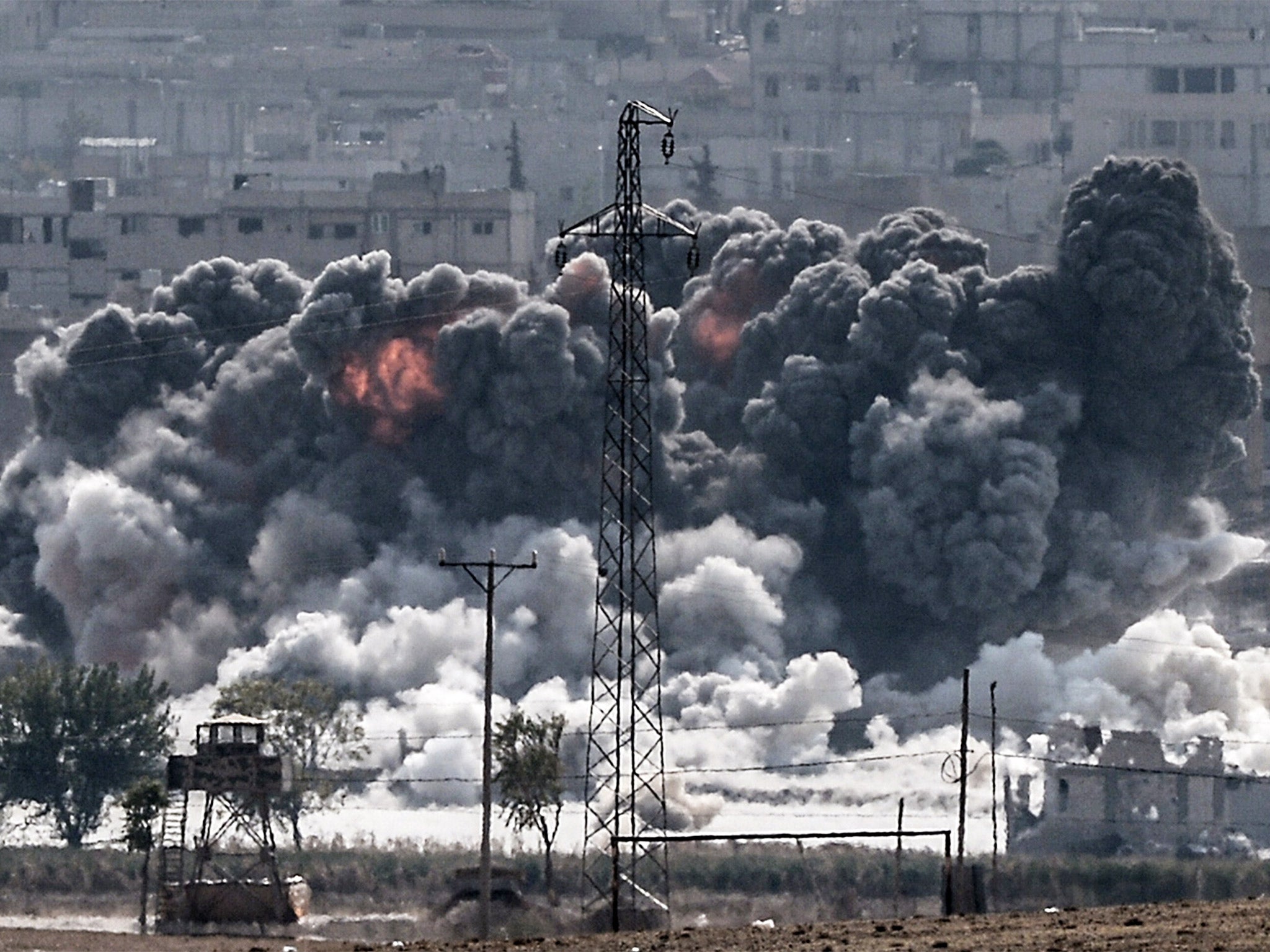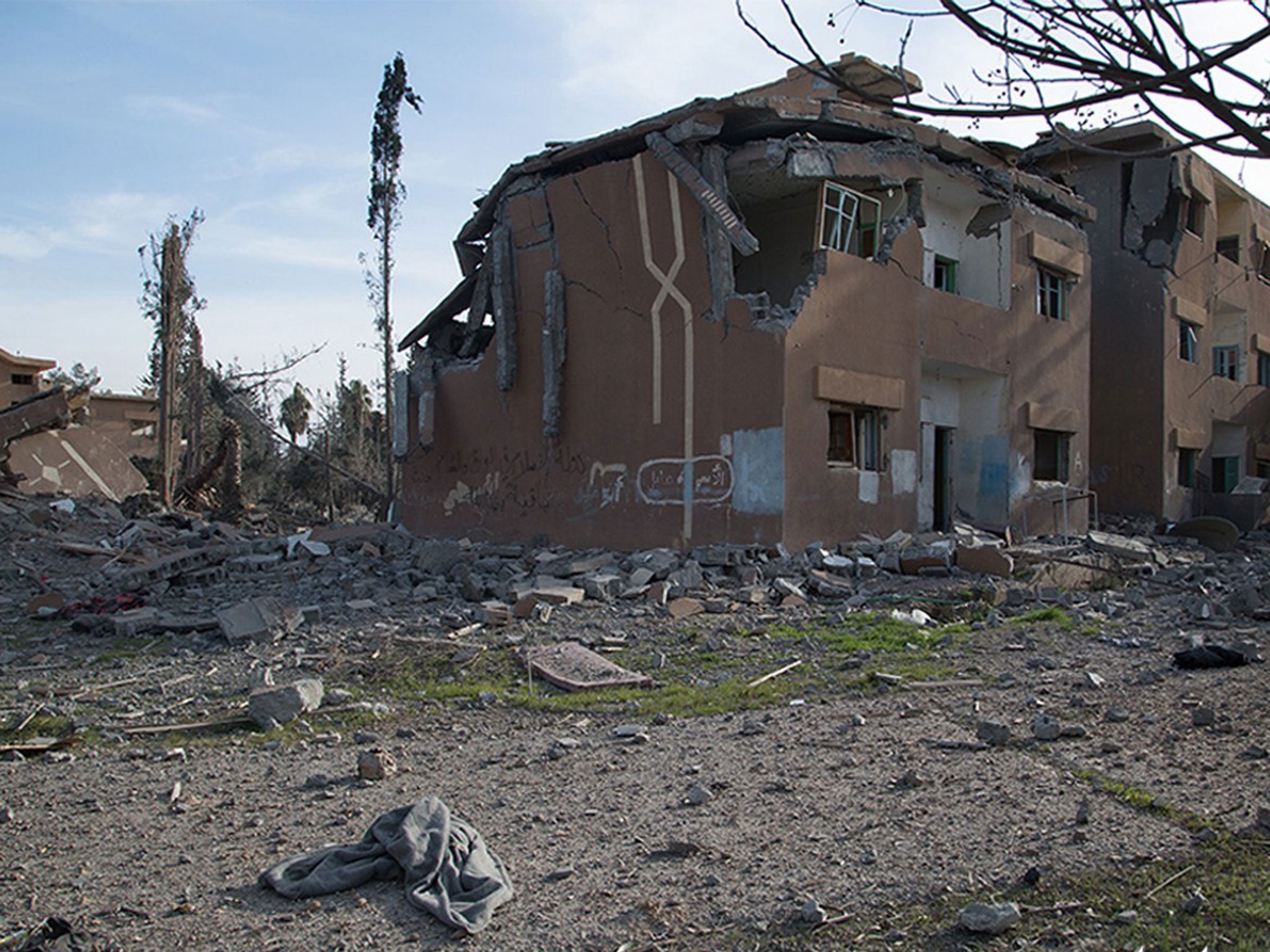Isis capabilities degraded by '20 per cent' after Jordan steps up air strikes against group
Jordanian General Mansour al-Jbour said 56 air strikes were carried out within three days against militants in Syria to avenge hostage pilot’s death

Your support helps us to tell the story
From reproductive rights to climate change to Big Tech, The Independent is on the ground when the story is developing. Whether it's investigating the financials of Elon Musk's pro-Trump PAC or producing our latest documentary, 'The A Word', which shines a light on the American women fighting for reproductive rights, we know how important it is to parse out the facts from the messaging.
At such a critical moment in US history, we need reporters on the ground. Your donation allows us to keep sending journalists to speak to both sides of the story.
The Independent is trusted by Americans across the entire political spectrum. And unlike many other quality news outlets, we choose not to lock Americans out of our reporting and analysis with paywalls. We believe quality journalism should be available to everyone, paid for by those who can afford it.
Your support makes all the difference.Air strikes have degraded Isis’ capabilities by 20 per cent after bombing efforts against the group were recently intensified, the head of the Jordanian airforce has claimed.
General Mansour al-Jbour said strikes had reduced the extremist group’s military capabilities during a press conference on Sunday.
Jordan has carried out nearly a fifth of the sorties of the US-led coalition against Isis in Syria to date, according to al-Jbour. It conducted 56 bombing raids against militants in northeast Syria within three days after the brutal killing of one of its pilots, First Lieutenant Muath al-Kaseasbeh.

Al-Kaseasbeh was captured by militants in December and burned alive in a cage in January. A film showing his barbaric death later emerged online.
“We achieved what we were looking for: revenge for Muath," the general said. "And this is not the end. This is the beginning.
“We are determined to wipe them from the face of the Earth.”
The main aims of the bombing would continue to be to trying to hit Isis leader Abu Bakr al-Baghdadi, to stop the group's illicit oil trade, and to destroying their training bases, garrisons and command centres.
Al-Kaseasbeh’s death was so brutal that even one of Isis’ own clerics objected to it, who was then arrested for speaking out against it.
Additional reporting by Reuters
Join our commenting forum
Join thought-provoking conversations, follow other Independent readers and see their replies
Comments